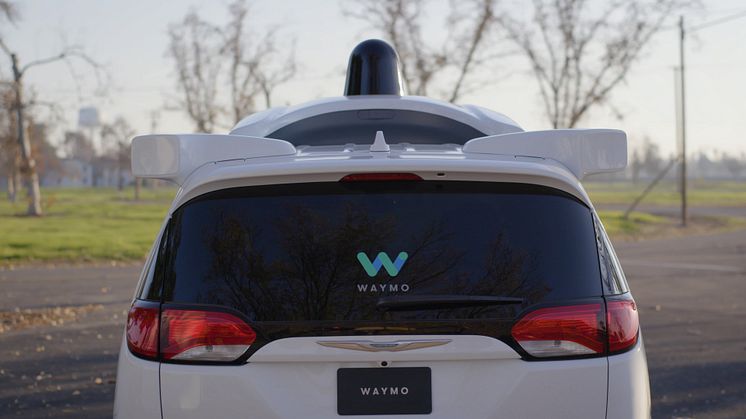
News -
Google-Uber stoush shows the importance of being in the driver’s seat of your ideas
The major legal collision between Google spin-off Waymo and Uber in the race to develop self-driving vehicles highlights the extremely transportable value of ideas within the high-tech industry.
Waymo is suing the ride-sharing upstart for using intellectual property and trade secrets allegedly stolen by former Waymo employees. In particular it alleges that a long-time veteran of the Google self-driving car project, Anthony Levandowski, downloaded "more than 14,000 highly confidential and proprietary files" the month before he resigned "without notice" in January 2016.
Levandowski then established his own company, Otto Trucking, to develop self-driving technology. He was joined by other Google/Waymo colleagues who are also alleged to have downloaded confidential information before resigning.
In August 2016, barely seven months after Otto’s establishment, the startup was bought by Uber for a reported US$680 million. Waymo’s lawsuit implies the purchase date is significant, occurring just after Levandowski had received a multimillion severance payout from Waymo. It says it believes he was already talking to high-level Uber executives before he resigned.
Even though Levandowski and other former Waymo employees are not named as defendants, the lawsuit goes into considerable detail about the forensic evidence it says proves they not only abused their positions to access and download intellectual property but also the lengths they went to in order to cover their tracks. On that basis, the "misappropriation of Waymo’s confidential, proprietary, and trade secret information was intentional, knowing, willful, malicious, fraudulent, and oppressive".
This is important in terms of the laws that rule in Silicon Valley. As Vox technology writer Timothy Lee points out, the highly entrepreneurial and innovative culture that has flourished there can be attributed, at least in part, to California courts refusing to enforce noncompete contracts limiting employee mobility.
Such a laissez-faire approach has helped ensure "that powerful incumbents can never keep good ideas bottled up inside their walls".
"This means that if Otto’s co-founders had contented themselves with using the information they carried in their heads – re-implementing key Waymo technologies from scratch using knowledge they developed while at Waymo – they likely would have been on safe legal ground," Lee writes.
"But the law is less forgiving when an employee takes detailed technical plans to precisely replicate a former employee’s technology. Waymo is suing Uber for violating trade secret laws, and those laws are absolutely enforceable in California."
So what are the key lessons here for any Creator seeking to stop their original ideas from being stolen?
First and foremost, it's critical to be able to prove an idea is yours – before you share it with anybody who could profit from it. To do so, you should absolutely apply for a patent, if your idea is patentable.
Alas, for many Creators, this is not possible. You simply cannot patent every pitch to prospective customers. Therefore, second, it's crucial to have some formal (but not necessarily legally complex) acknowledgement by the parties you share your ideas with that this is your intellectual property, and that they should only use those ideas with permission and fair compensation.
And this is why PitchMark exists; to ensure anyone considering your pitch is aware that you lay all moral claims to it, and to keep you in the driver's seat in any contract negotiation.
Now it's over to you:
- Comment on this story below
- Share this story using the social media channels above
- Register for PitchMark
- Share with us your own story of idea theft
- Follow PitchMark by clicking the red "Follow" button above
